The free eNewsletter for the readers of BABY BARGAINS
http://www.BabyBargains.com
Baby Bargains book withdraws recommendation for certain plastic baby bottles
(BOULDER, CO) The authors of BABY BARGAINS, the country’s best-selling guide to baby products (700,000 copies in print), today called for parents to stop using baby bottles and sippy cups made of polycarbonate plastic.
Polycarbonate bottles are made from a chemical called bisphenol A (BPA). In an article in a peer-reviewed medical journal last week, a group of 38 scientists said BPA caused a significant health risk.
Specifically, parents should stop using Avent’s Natural Feeding Bottle and Dr. Brown’s Natural Flow (or any bottle made of polycarbonate plastic)---these products were previously recommended by BABY BARGAINS.
See why they are dangerous. Here is the full article.
Click here to see pictures of polycarbonate bottles:
Here are the alternatives that are BPA-free:
• Use glass bottles. Obviously, there is a risk of injury to baby or mom if the bottle is dropped, so glass isn’t a perfect alternative.
• Use bottles made of opaque plastic. These bottles (made of polyethylene or polypropylene) do not contain BPA.
• Consider a BPA-free plastic bottle. Born Free makes a BPA-free clear plastic bottle (Newbornfree.com) sold at Whole Foods. But these cost about $10 each, twice the price of Avent bottles.
• Use a drop-in system. For example the Playtex Drop-in System is BPA free (that is, the bottle liners do not contain BPA). Avent’s Tempo liners are another example.

Q. Is there a way to tell if a bottle has BPA?
A. Unfortunately, it isn’t easy. Here’s a general guide:
BAD:
• Bottles that have a #7 on their recycling label most likely are made of polycarbonate (and contain BPA).
GOOD:
• Bottles that have a #2, #4 , #5 are made of polyethylene or polypropylene—these do NOT have BPA.
===
Q. What about sippy cups? Breast pump collection bottles?
A. Basically, the same advice applies: avoid those made of polycarbonate plastic. Sippy cups made of opaque plastic are fine. Again, check the bottom of the cup for its recycling number (#7 should be avoided). For breast pump collection bottles, consider BPA-free bottles (such as those from Medela).
We will continue to blog about this subject. Check out our blogs here and here:
http://baby411.typepad.com/babybargains/
http://baby411.typepad.com/baby_411_blog/












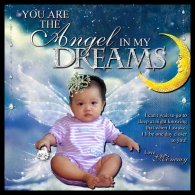

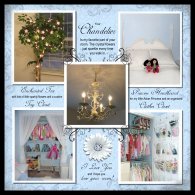
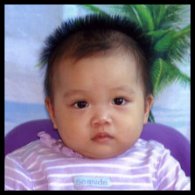































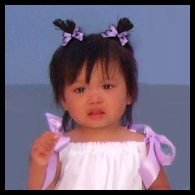
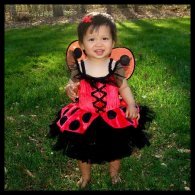
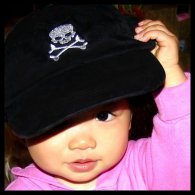
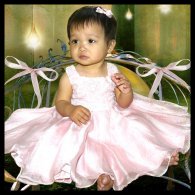
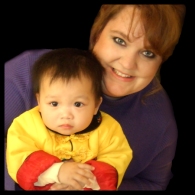
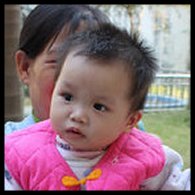
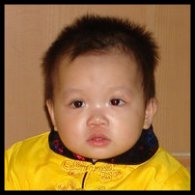




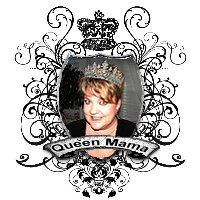




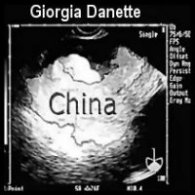
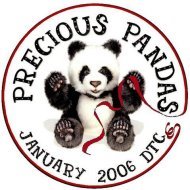
2 comments:
I am not trying to stir up trouble, each person must investigate the information for themselves and make a decision that is right for them and them only. I think this is something that has been going around for quite sometime. I could not find anything with a recent date. You might want to look at this article.
http://www.mindfully.org/Plastic/Plasticizers/BPA-Baby-Bottle2apr02.htm
Hi Debbie, I just wanted to respond to your comment on my blog. I agree that everyone has to decide for themselves.
With that being said, it was just published a couple of days ago by Baby Bargains (you know the book?) that they were pulling their recommendation for these bottles based on their findings.
It’s not a formal recall. : )
I will definately check out the site you posted.
Thanks for stopping by my blog!! : ) Stephe
Post a Comment